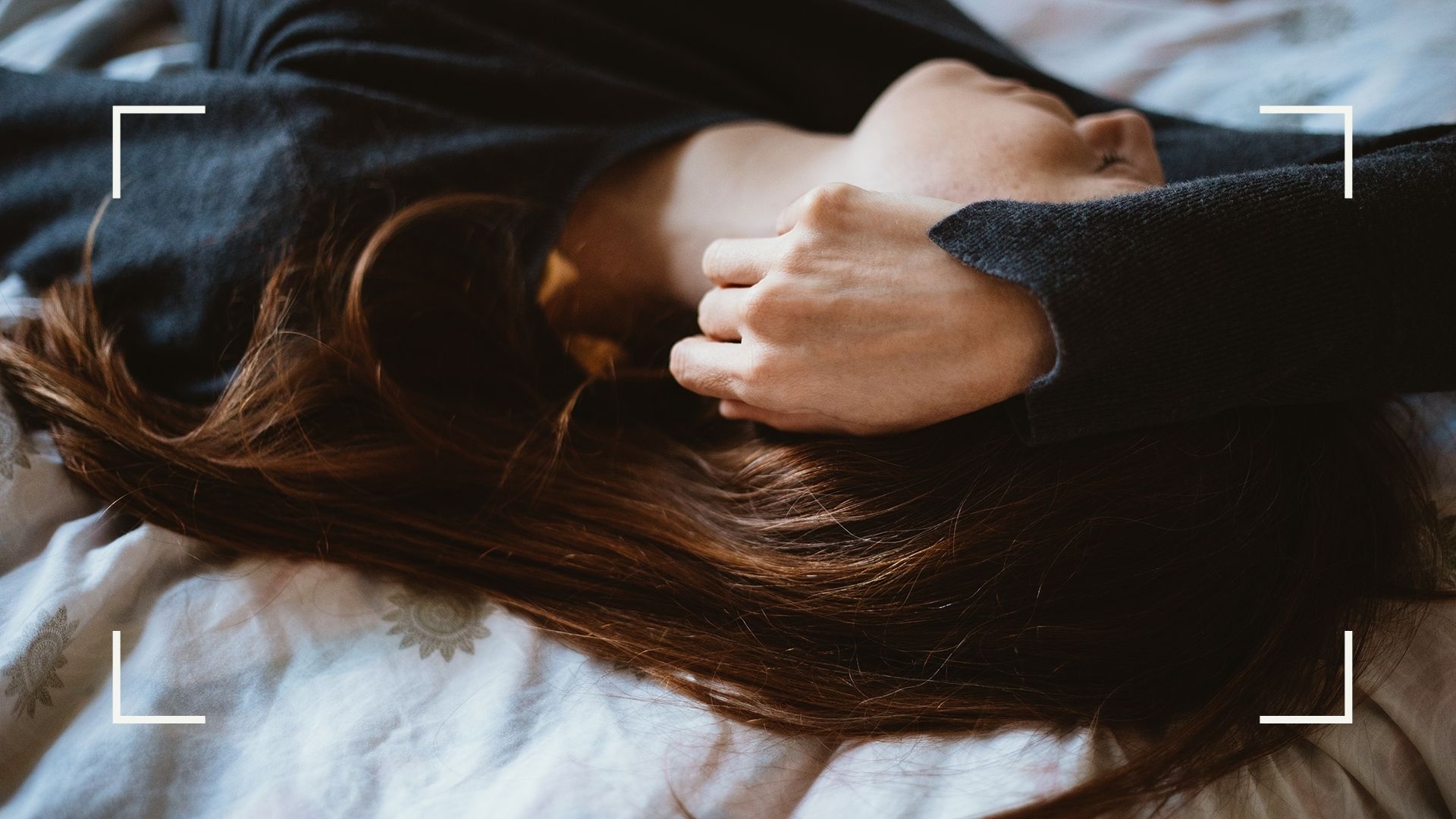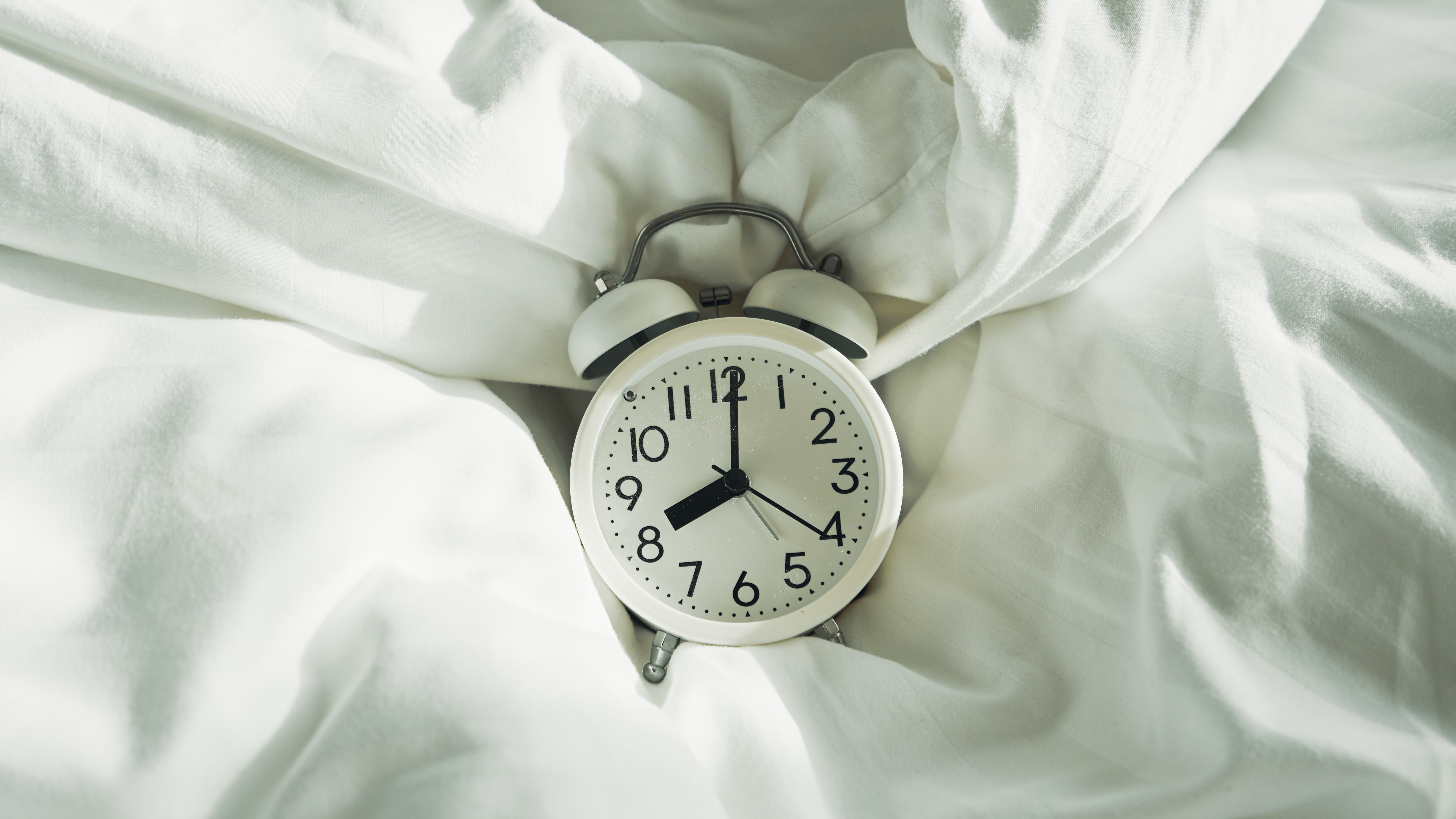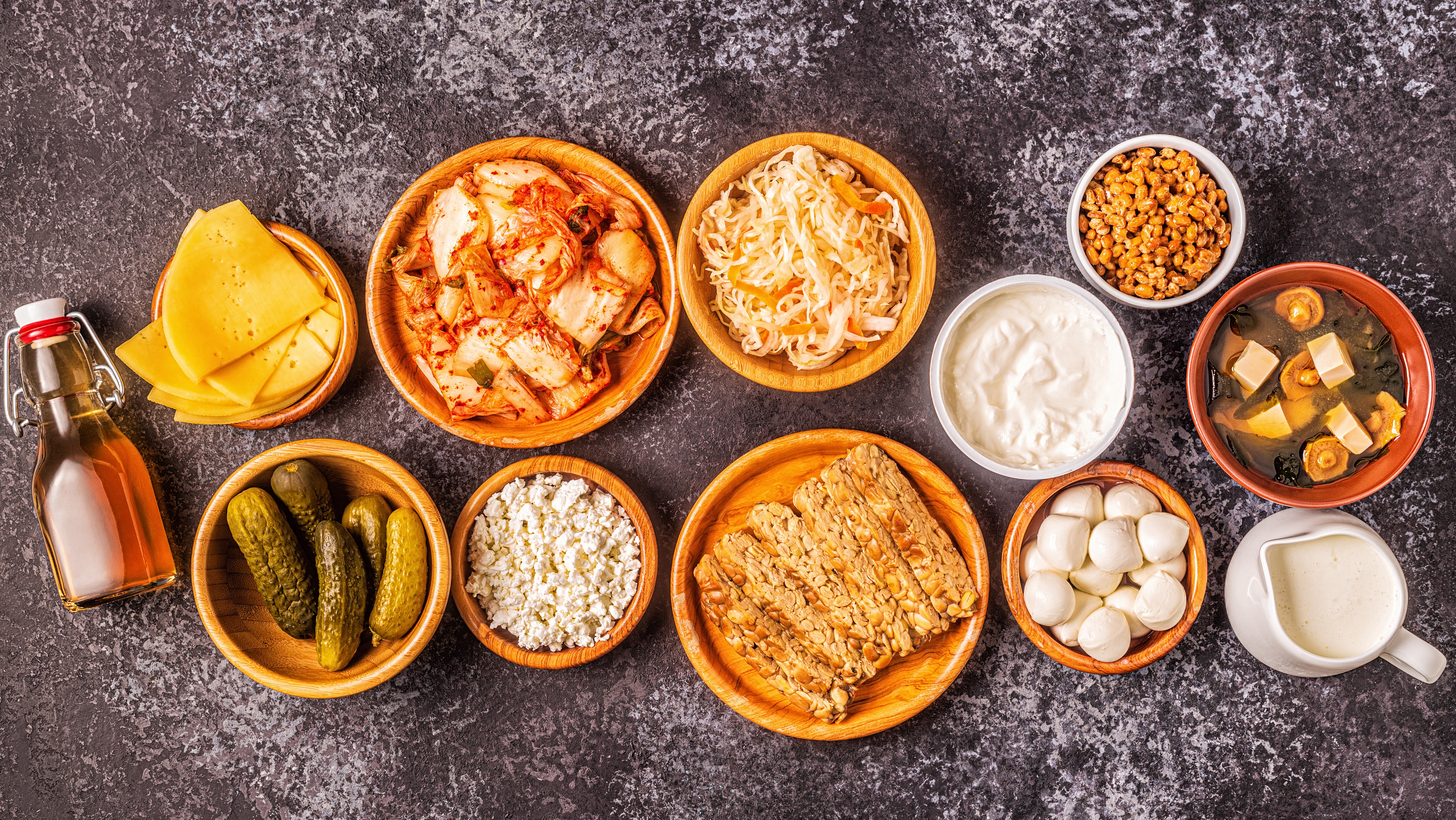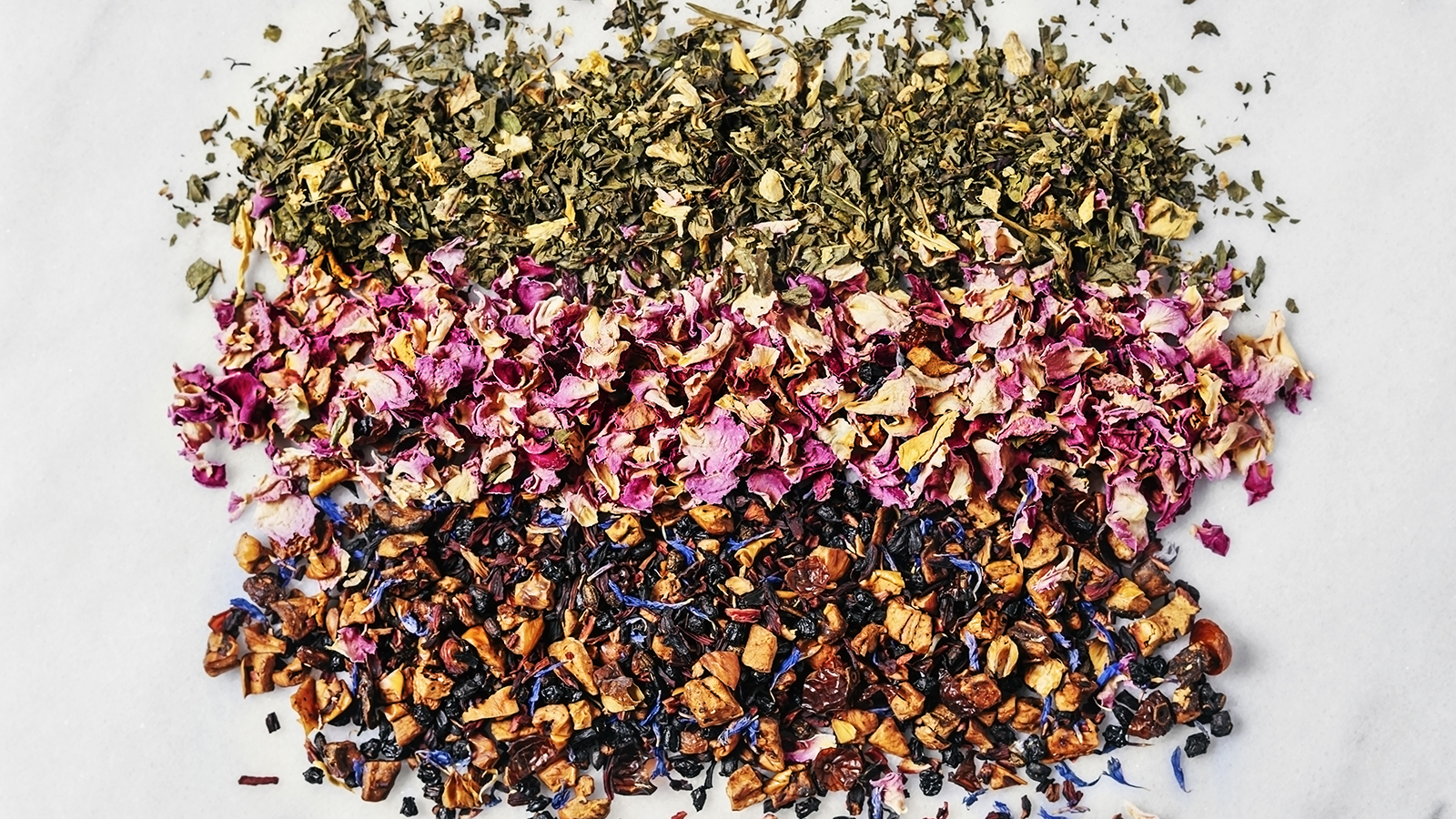10 natural cures for insomnia to help end sleepless nights
Nip sleep disturbance in the bud with these expert-approved natural cures for insomnia

Natural cures for insomnia are a great way to revamp your sleep routine if you're having trouble drifting off in the evening.
Staring at the ceiling, turning over, turning back, checking your alarm clock to see how many hours you've got left to sleep in? It's a situation that we've all been in at least once, but many of us are having trouble sleeping more often. While the NHS recommends up to nine hours sleep, it's common for the average person to clock in with seven or less.
It can be a tiring cycle, caused by a number of factors from health issues to lifestyle challenges. If you’re struggling with insomnia for a long period of time you should speak to your doctor for further advice. However, if you’re currently experiencing a period of disruption or sleep anxiety, we asked sleep experts to give their advice on how to sleep better and these are their 10 natural cures for insomnia.
What is insomnia?
Insomnia is an inability to fall asleep, stay asleep or waking up too early. It can also include not feeling rested after a full night’s sleep and having excessive daytime drowsiness.
Many people believe it's a persistent condition, requiring treatment from a doctor over a number of months or years, but insomnia can be temporary as well. This means that natural cures for insomnia are a good go-to in the first instance: not every case needs medical intervention.
"Think of it as lying in bed all night, staring at the alarm clock and not being able to sleep," says GP Dr Nisa Aslam, who works with Pureessentiel. "Insomnia can be acute or chronic depending on how long it lasts and how often it happens."
"Acute insomnia often lasts for a week or more depending on the cause and it may go away on its own if the stressor is resolved," she says. "Whereas chronic insomnia is three or more nights of disrupted sleep over the course of three or more months."
Sign up to our free daily email for the latest royal and entertainment news, interesting opinion, expert advice on styling and beauty trends, and no-nonsense guides to the health and wellness questions you want answered.
One type may last longer than the other but there's little difference between insomnia and just not being able to get to sleep - and the main cause of both is the same.
“Stress can cause sleep initiation insomnia, difficulty falling asleep, sleep maintenance insomnia, waking up during the middle of the night, or even both,” says Dr. Anita Shelgikar, a neurologist at the Michigan Medicine Sleep Disorders Centers. “The relationship between stress and sleep is cyclical; stress can lead to sleep disturbance, which can then make it harder to respond to stress, which further affects sleep.”
Natural cures for insomnia
1. Make sure you're getting enough magnesium
The benefits of magnesium are endless so it's no surprise that it's also one of the best natural supplements for sleep. Not only does it enhance your rest by helping you fall sleep faster, but it also makes you more likely to stay asleep.
“Magnesium aids relaxation and the normal functioning of the nervous system,” says nutritional advisor Liz Cooper. “Nuts, wholegrain versions of bread, pasta and rice and green leafy vegetables such as spinach, kale and cabbage all contain this valuable nutrient, so try to incorporate a few of these into your diet, daily.”
2. Take a morning stroll
Whether you're a night owl or a morning lark, experts agree that exercising first thing is one of the best natural cures for insomnia. It could be a walking workout, an at-home workout video or a gym class.
“Early morning exercise can kick start your circadian rhythm (your internal 24-hour clock),” says physiotherapist and sleep expert Sammy Margo. “Just 20 to 30 minutes of walking in the morning will help tell your brain it’s time to sleep 16 to 18 hours later.”

3. Set your alarm for the same time every day
Melatonin is a natural sleep hormone and when the sun goes down and darkness falls, the body releases it into your bloodstream, sending the signals that it’s time to get some shut-eye.
“Going to bed at a regular hour and getting up at the same time seven days a week, is something that great sleepers do,” says Dr. Lindsay Browning, the author of Navigating Sleeplessness: How to Sleep Deeper and Better For Longer.
If you’re struggling to go to bed at the same time every night, reassess your bedtime routine and set yourself a goal of relaxing at a certain time with the aim of being in bed at your desired bedtime. You can use one of the best sleep apps to track your sleep and learn more about your sleep patterns. It's one of the simplest natural cures for insomnia but it could really help.
4. Ditch the caffeine and sugar
“Try to reduce your intake of sugars, caffeine, and refined carbohydrates to prevent highs prior to bed,” says Liz. “The brain needs to be entering a state of relaxation to help avoid sleep problems, such as insomnia.”
If you want a drink before you go to sleep, try a non-caffeinated herbal tea or golden milk to send you off to the land of nod. “One of the best Ayurvedic recipes that promote restful sleep is golden milk with ashwagandha,” says herbal medicine practitioner, Jenya Di Pierro. “Whisk milk or non-dairy milk and a pinch of cinnamon, turmeric, ginger, pepper, and then one teaspoon of ashwagandha, in a small saucepan, and bring to a low boil. Reduce the heat and simmer for about five minutes. Or use a milk frother to whisk the milk and then mix the powder into it.”

5. Eat gut-friendly foods
“There is growing evidence of a link between your microbiome, the bacteria within your gut, and your brain,” says Liz. “If you look after your gut health, it helps produce sleep-promoting hormones such as serotonin, which is turned into melatonin.
So as well as eating a diet rich in fermented foods such as sauerkraut, kefir, kimchi and live yogurt, a multi-strain live bacteria supplement could be beneficial too.”
6. Include tryptophan in your dinner
Tryptophan is an amino acid, essential for normal bodily growth from the time you're small into adulthood. It's also vital for the production and maintenance of many of the body's proteins, muscles, enzymes and the brain's neurotransmitters.
Unlike other amino acids, however, the body doesn't produce it naturally so you must make sure to get enough of it in your diet–especially if you're struggling to sleep.
“Adding tryptophan–containing foods to your last meal of the day is a great way to aid sleep, as tryptophan is needed to make melatonin,” explains Liz.
Add foods like turkey, pumpkin seeds, sesame seeds, eggs, chicken and fish to your diet to boost your tryptophan intake. "These are also all sources of protein, and sufficient protein also supports folate and vitamin B12," she adds.
7. Take a St John's wort supplement
Natural supplements for sleep are becoming increasingly popular as some of the best natural cures for insomnia. “There are several herbs that will be included in most sleep support formulas and one of those is St John's wort,” says Jenya. “This herb supports sleep by elevating serotonin levels in the brain, this facilitates the production of the sleep hormone melatonin, which aids deeper and better quality rest.”
While you can buy St John's wort from a pharmacy without a prescription, it’s best to seek advice from your doctor in the first instance as it’s not suitable for everyone, especially those taking any medication.

8. Make yourself a cup of chamomile tea
Known as a sleep inducer, chamomile is the key to some of the best sleep teas. It owes its calming effects to an antioxidant called apigenin. “Apigenin is thought to decrease anxiety and help to initiate sleep,” explains Jenya.
Evidence of its ability to cure insomnia is limited, but it’s a good option agrees Dr Aslam. "In a study by Kashan University of Medical Sciences of 60 elderly people, there was a significant increase in the sleep quality of those who took chamomile extracts when compared to the group who were given the placebo," she says.
Aim to make yourself a cup around 45 minutes before bedtime, to give your body a chance to metabolize the tea.
9. Consider taking valerian root
Another herb that is heralded for its sleep-friendly benefits is valerian root and it could be another great addition to your diet to help you sleep better.
"Valerian is available in the form of tea or capsules and it contains a number of compounds that can help insomnia," Dr Aslam says. "It inhibits the breakdown of GABA, a neurotransmitter that blocks impulses between nerve cells in the brain, inducing calmness and sleep."
While research on the root supplement is minimal in humans, one study from Chiba University shows benefits of valerian in improving sleep quality and quantity throughout the night.
10. Spritz lavender before bed
Lavender is another plant often used for its sedative benefits and it's one of the best essential oils for insomnia, Dr Aslam explains. "This is based on its ingredient linalool, the iconic scent of lavender, which helps aid sleep."
As a pilot study from National Chiao Tung University explains, linalool triggers a quick switch from high-frequency (alpha) brain waves to low-frequency (theta and delta) brain waves, which could increase the amount of deep sleep we get at night and improve overall sleep quality.
"Inhalation of essential lavender oil increases relaxation and improves sleep," Dr Aslam confirms. "And it can be used as a bath oil or in the form of a spray."
If you are experiencing a prolonged period of sleep disturbance or your sleep troubles are negatively impacting your life, you should contact your doctor for further advice as they will be able to recommend other treatments, such as CBT for insomnia.
Always make sure you ask if there could be any possible medical causes, such as medication side effects, and check with your doctor if any herbal remedies or sleep supplements could impact any other medication you are currently taking.
With five years of experience working across print and digital publications, Stacey is a journalist who specializes in writing about the latest developments in health and wellbeing. She has also previously written for Women’s Health, Get The Gloss, Fit & Well, Stylist, and Natural Health magazine, covering current health trends and interviewing leading figures in the wellness space.
When she’s not talking to health experts, you can probably find her hiking somewhere in the Welsh countryside or near the coast. Her favorite two ways to switch off are a Pilates class and a glass of wine with a home-cooked meal.


